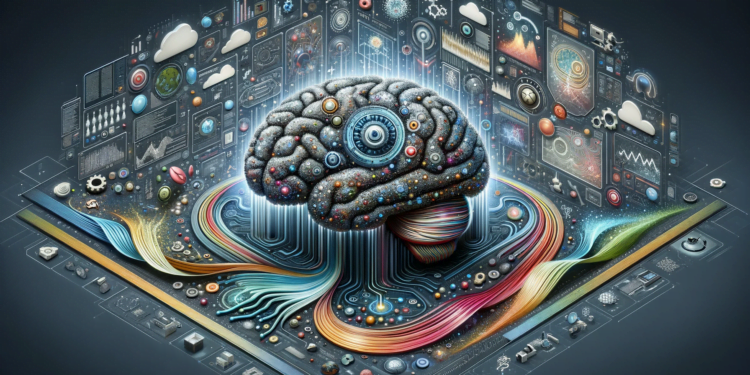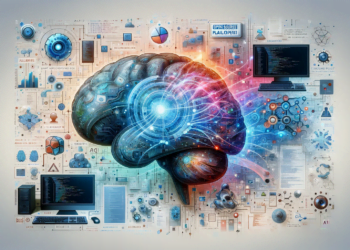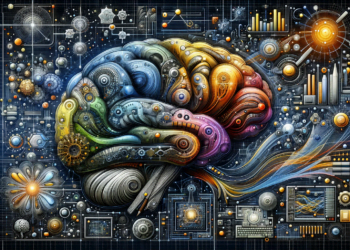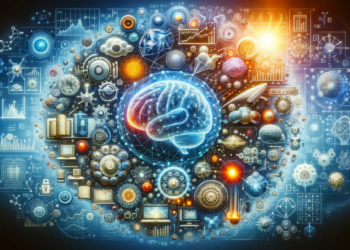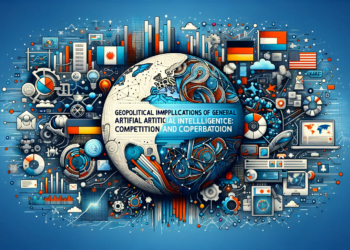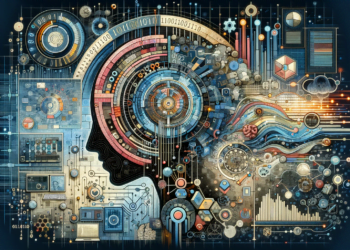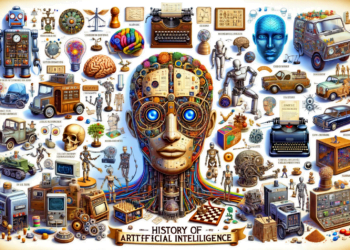In the race towards the creation of a General Artificial Intelligence (AGI), the realm of Natural Language Processing (NLP) stands at the forefront of significant advancements. AGI, a type of artificial intelligence with the ability to understand, learn, and apply knowledge across a wide variety of tasks similarly to a human being, is considered by many as the ‘Holy Grail’ of AI.
Foundations of Natural Language Processing (NLP)
NLP enables machines to understand and manipulate human language. Its foundations rest at the intersection of computer science, linguistics, and artificial intelligence. Language models such as Recurrent Neural Networks (RNN), Transformer networks, and attention mechanisms have revolutionized our ability to process text sequences, leading to the development of more efficient and contextual systems like BERT (Bidirectional Encoder Representations from Transformers) and GPT-3 (Generative Pre-trained Transformer 3).
Recent Advances in Language Models
These models have transformed NLP by enabling text processing with a deep contextual understanding. The Transformer model, introduced in 2017, is based on the attention mechanism and has set new benchmarks in some of NLP’s most challenging tasks, such as machine translation and text summarization. The attention mechanism allows for the weighting of different parts of an input sequence in predicting an output sequence, which is crucial for language comprehension.
GPT-3, launched in 2020 by OpenAI, has raised the bar even further. With 175 billion parameters, GPT-3 is remarkable not only for its size but also for its ability to perform NLP tasks without domain-specific training, behaving in a way one would expect from AGI in terms of flexibility.
Emerging Practical Applications in NLP
The practical applications of advances in NLP are vast, including chatbots that offer conversations almost indistinguishable from humans, highly personalized content recommendation systems, and automatic code generation tools. A particularly illustrative case of the convergence of advanced NLP with real needs is the deployment of virtual health assistants that can interpret symptom descriptions in natural language and provide an initial recommendation based on medical evidence.
Current Challenges and Future Directions
Despite these advancements, the journey towards AGI still poses substantial challenges. Profound contextual understanding remains elusive in many instances. Furthermore, the explainability of NLP models is another point of concern: understanding how and why a model arrives at a particular conclusion is crucial for trust and adoption in critical applications such as medicine or law.
The quest to improve the efficiency and understandability of AI models is leading to promising research, such as those focusing on reinforcement learning and meta-learning adaptation for NLP. Combinations of these techniques promise models that not only comprehend and generate language but also can quickly adapt to new tasks with little or no human intervention.
Comparison with Previous Works
Historically, NLP systems were based on manually encoded linguistic rules and statistical techniques, such as vector space models for word representation (word embeddings). While useful, these methods were limited in their ability to generalize and capture context. Recent deep learning models have eclipsed these techniques, not only in performance but also in their ability to scale and learn from vast datasets.
Innovations and Projections
Looking to the future, we anticipate the emergence of even more sophisticated models capable of navigating the nuances of human language. Innovations in neural network architecture, such as Transformer layers with parameter compression or the introduction of neuromorphic mechanisms, could lead to a level of energy efficiency and learning capacity that brings us closer to AGI.
Emerging approaches in federated learning and on-edge processing could also transform the way NLP is implemented, enabling data privacy and decentralized applications that still enjoy the benefits of sophisticated models.
NLP is at the heart of progress towards AGI. Current language models are already demonstrating elements of generalization and intelligence that would have seemed unreachable a decade ago. Yet, the field must continue to innovate, not only to improve precision and efficiency but also to ensure that systems are transparent, explainable, and aligned with our ethical values. In this endeavor, NLP acts as a pivotal laboratory for future capabilities that will define AGI.

